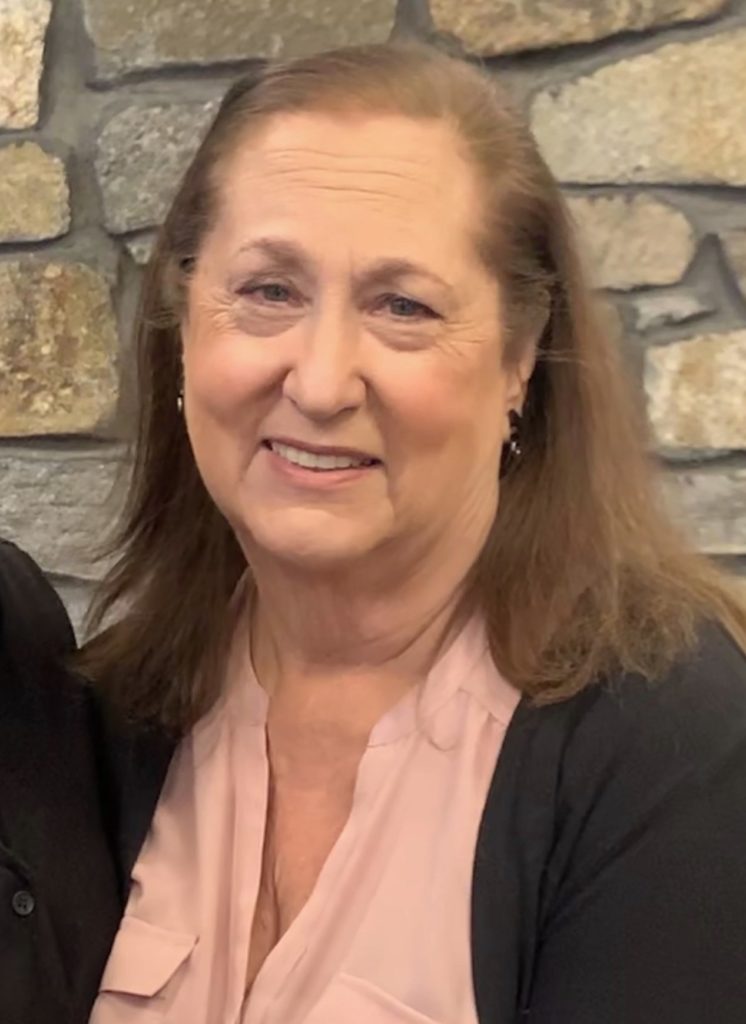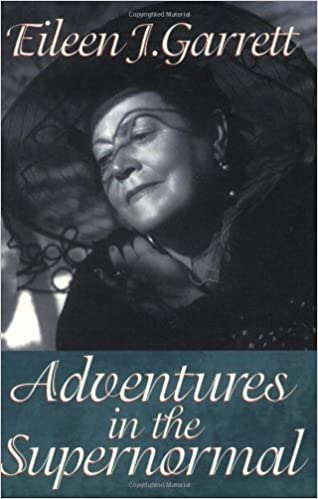While on the hunt for some scholar’s request for help with a project I had occasion to come across the PF’s Annual Report of 1960. Certainly it was a most prolific year of support for the field and money was available. I have heard our founding President, Eileen J. Garrett, referred to as the “Lady Bountiful of Parapsychology” as she dispensed funding she had access to across the globe with research grants, publications, conferences etc. As JB Rhine stated in the Remembrance section of her autobiography that we brought back Adventures in the Supernormal “she started many many things, here as elsewhere, with her vigor, her initiative, her restless ‘creative age’ mind, and yes her generous readiness to help others. How many there are who could say, as I do, ‘she helped me get my start!’” Both my mother, Eileen Coly during her tenure as PF’s second President and myself currently in that role have tried albeit with ever decreasing financial resources to hold fast to the vision and goals set by Garrett. With regret we can not match Garrett on many levels but remain proud nevertheless of our continued support of the science of parapsychology. Needless to say your tax deductible donations would allow us to continue and augment our efforts.
Appeal over (for now at least) let me share with you good counsel from her “ladyship” herself drawn from that year’s annual report:
“In some respects, the major problem of parapsychological research is one of limiting studies, of resisting the temptation to spread activities towards all the frontiers that actually exist. To deal with evolving statistical standards while, for instance, dealing with new developments in psycho-pharmacology, is a difficult matter—particularly for a researcher who, until a week earlier, may have been working on the possible tracing of telepathic effects by means of plethysmography. Yet, we must not limit ourselves too much; one of the faults of psychical researchers has often been that, while thinking of themselves as unorthodox, they actually tended to establish a new orthodoxy of their own.
Aside from such problems of research policy there is always the difficult task of establishing contact with qualified scholars at various universities, here and abroad. The best of them are much in demand; their time is limited; they travel a good deal; often, they have little time for reflection—and reflection, careful programming and development of new techniques, are the keys to effective advanced parapsychological studies. We know that several prominent physicists are deeply and sincerely interested in psychical phenomena; they feel that physics may learn something from parapsychology, and we are, of course, eager to listen to their ideas and to share those parts of their knowledge that apply to our area of inquiry.
In this, as in all of life, good and capable men—(and may I add in today’s world women) are forced to do very much less than they would like to do. Effective parapsychological studies are the result of what I should like to call controlled impatience. We must be impatient, if we wish to push forward toward results, leaving behind the prejudices and orthodoxies of the past. But we must control this impatience, so as to abide by the criteria of strict scholarship, so that our accomplishments may withstand the most careful scrutiny.”
No wonder I continually beg for money for continued research. Who is impatient, like me?

